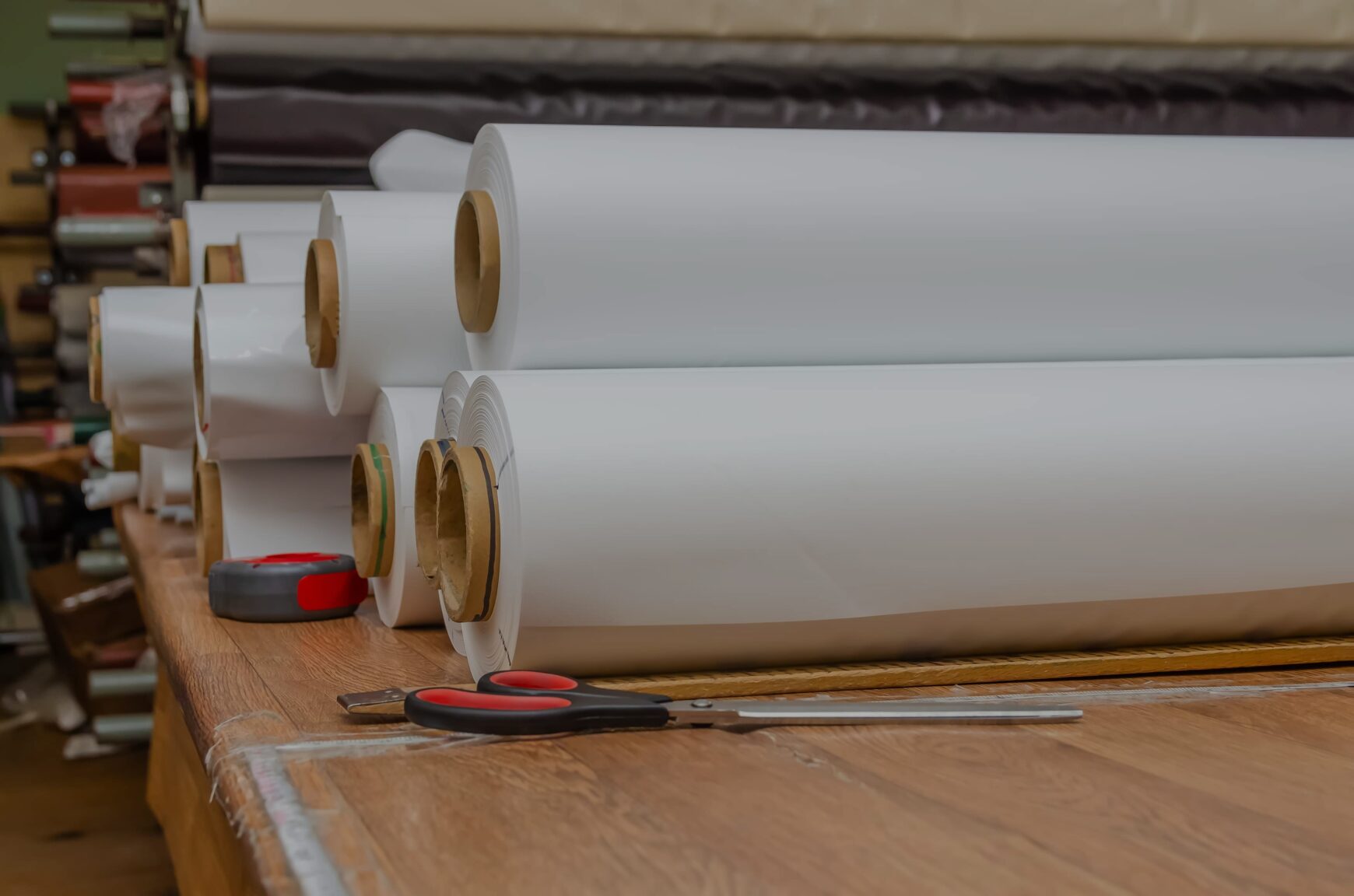

Previously published on fastradius.com on June 30, 2021
Polyvinyl chloride (PVC) is one of the most commonly used polymers on the market today. Naturally stark white and very rigid, PVC is also one of the world’s oldest plastics. PVC was first synthesized in 1872 but not mastered for commercial applications until 1913 when a German inventor named Friedrich Heinrich August Klatte utilized sunlight to polymerize vinyl chloride.
By the mid-1900s, demand for the affordable alternative to natural rubber skyrocketed, and PVC production soared. PVC was particularly popular in the construction industry due to its resistance to light, chemicals, and corrosion. Today, PVC is still widely used in healthcare, IT, transportation, textiles, and construction. Here’s everything you need to know about polyvinyl chloride, from how it’s made to its most popular uses.
PVC is produced via the polymerization of vinyl chloride monomer. Producing vinyl chloride monomer involves creating chlorine through the electrolysis of salt water. The chlorine is then combined with ethylene, creating ethylene dichloride, which converts to vinyl chloride monomer at very high temperatures. That vinyl chloride monomer can then be polymerized to form PVC.
PVC is produced in two main forms: as an unplasticized polymer and as a flexible plastic. In its unplasticized form, PVC is rigid but brittle. The flexible form, on the other hand, is softer and easier to bend. Flexible PVC is created by adding plasticizers, such as phthalates, to the rigid form of PVC.
Generally speaking, rigid PVC is used for applications such as construction, plumbing, and agriculture, while flexible PVC is used as a rubber alternative and for applications such as electrical cable insulation.
PVC is favored for many applications due to its high strength-to-weight ratio and good electrical and thermal insulation. What’s more, rigid PVC may be used in temperatures up to 60℃ without melting, and it’s easily bonded, welded, machined, bent, or shaped. In addition, products made from PVC are recyclable, though they may be difficult to recycle due to the high chlorine content and some recycling processes may alter the chemical composition.
Flexible PVC features an entirely different set of physical and mechanical properties. Flexible PVC is much less chemical resistant and tends to degrade at high temperatures much more quickly than rigid PVC. That said, flexible PVC is easier to process than rigid PVC, and it’s favored for many applications due to its flexibility and high impact strength. However, flexible PVC isn’t suitable for food-related applications due to the chemicals sometimes used for plasticization.
Overall, PVC is a highly versatile and durable material that’s more affordable than many alternatives. Some of its mechanical properties include:
PVC, and rigid PVC in particular, is one of the most popular and important thermoplastics in commercial use today, with countless commercial and industrial applications. Some of the most popular applications for rigid PVC include pipes, roofing, electricity distribution boxes, switches, plug housing, and battery terminals. Rigid PVC can also be found in consumer goods like bottles, curtain rails, audio and videotape cases, records, and credit cards.
Flexible PVC has a different set of applications due to its mechanical properties. Flexible PVC is used to make waterproof membranes, cable insulation, roof lining, wiring insulation, conveyor belts, and hoses. Notably, flexible PVC is also used for numerous medical applications, including oxygen tents, bags and tubing for blood transfusions, drips, and dialysis liquids.
Polyvinyl chloride is a durable, affordable, and versatile alternative to traditional building materials like wood, metal, rubber, and glass. What’s more, PVC is recyclable, non-toxic in its rigid form, fire-resistant, and non-conductive. It’s also chemical-resistant, which is why it’s often used in sewage piping.
However, some other plastics have a higher melting point or more effective insulating properties than PVC. For certain projects, another plastic may be more appropriate. For example, PET plastic is a non-toxic alternative to flexible PVC that’s frequently used for food packaging.
With countless forms of plastic on the market, it’s easy to get overwhelmed when choosing the right material for your part or project — material charts can only tell you so much. Partnering with an experienced manufacturing team that can guide you through the material selection process can help ensure you’re choosing the ideal materials for your part.
When you partner with SyBridge, you partner with a team that will work alongside you throughout not only the material selection process, but the entire manufacturing journey. We’ll help you determine whether PVC is right for your part, and if so, how to best utilize it to take your part to the next level. Ready to get started? Contact us today.
Forget typical cycle times. We're pushing the boundaries of conformal cooling. While traditional approaches deliver…
Forget typical cycle times. We're pushing the boundaries of conformal cooling. While traditional approaches deliver…
From left to right: Brayden Janak (apprentice); Logan Vifaquain (CNC machining, Programming and CMM); Ron…
SyBridge Technologies is proud to announce we have been awarded the 2023 General Motors Supplier…
Today, designers and engineers are accustomed to working with digital tools in their day-to-day jobs.…
Optimizing Your Injection Molding Process for Cost-Effective Manufacturing Excellence In today’s competitive landscape, manufacturers are…